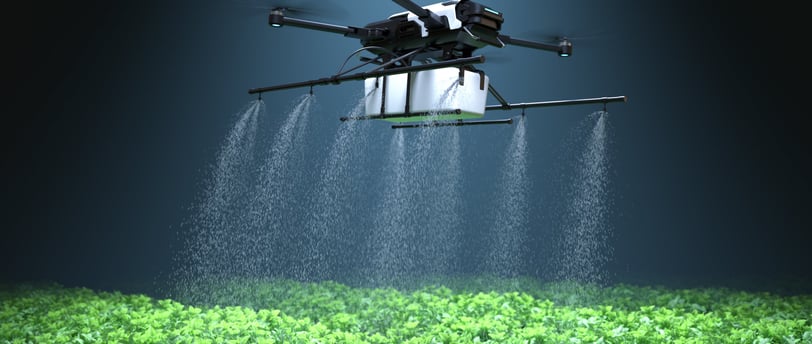Smart Farming, Not Smart for Smallholders: The Marginalization of Small-Scale Farmers in the Age of Big Data and AgriTech
Despite the potential of AgriTech to advance ‘productivist’ agriculture, large agribusinesses’ techno-optimistic narrative surrounding AgriTech will lead to more significant power asymmetries between large and smallholder farmers.
Simran Bakshi
4/4/2025


I. Introduction
‘The windmill gives you society with the feudal lord; the steam mill, society with the
industrial capitalist’ - Karl Marx, The Poverty of Philosophy, 1847
A dominant techno-optimistic narrative known as ‘agriculture 4.0’ provides that agrotechnologies (“AgriTech”) will be a revolutionary force for the global agro-food system’s pressing challenges. Enthusiasts suggest that AgriTech wields the power to “democratize” the agricultural sector by providing further accessibility to smallholder farmers. For instance, the Food and Agriculture Organization of the United Nations (“FAO”) claimed that effective data management would improve the livelihood of smallholder farmers by mitigating informational asymmetries and financial barriers. However, this optimistic vision often overlooks corporate and political power concentration within agrotechnology. This is evidenced by historical so-called revolutionary agricultural waves, like the Green Revolution, which has been shown to widen the gap between small and large-scale farmers. The increasing concentration of corporate power in the global agri-food system has paved the way for the same companies dominating seeds, agrochemicals, fertilizers, and farm equipment, like John Deere and Bayer-Monsanto, to expand market control into the agrotechnology sector through investments in data-intensive farm management platforms. This raises critical questions about these agritechnologies’ beneficiaries, losers, and underlying polito-social interests.
